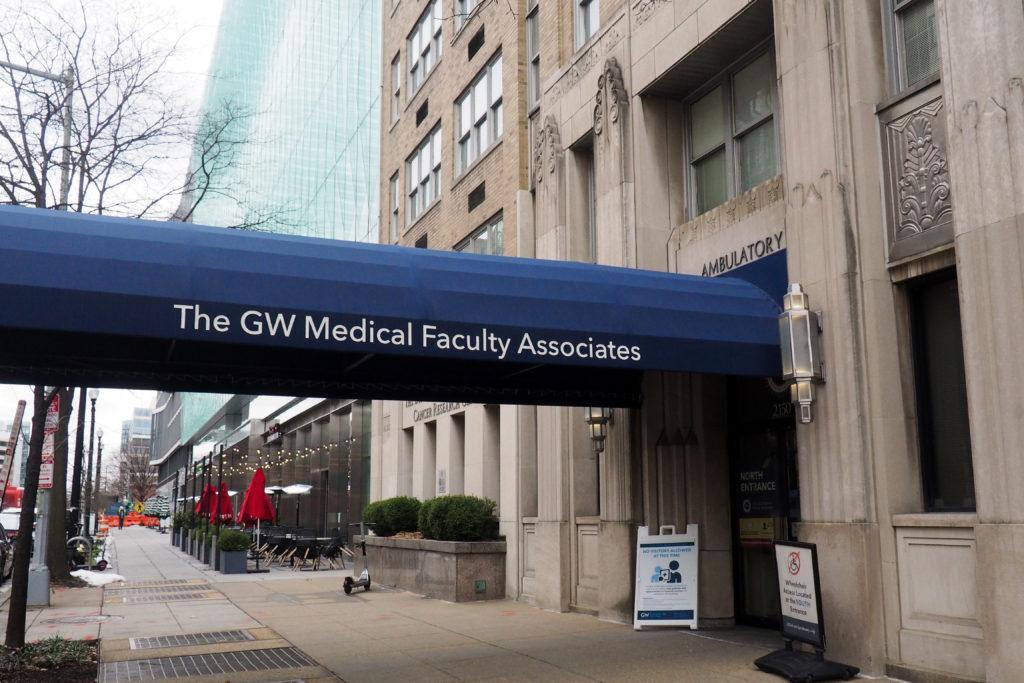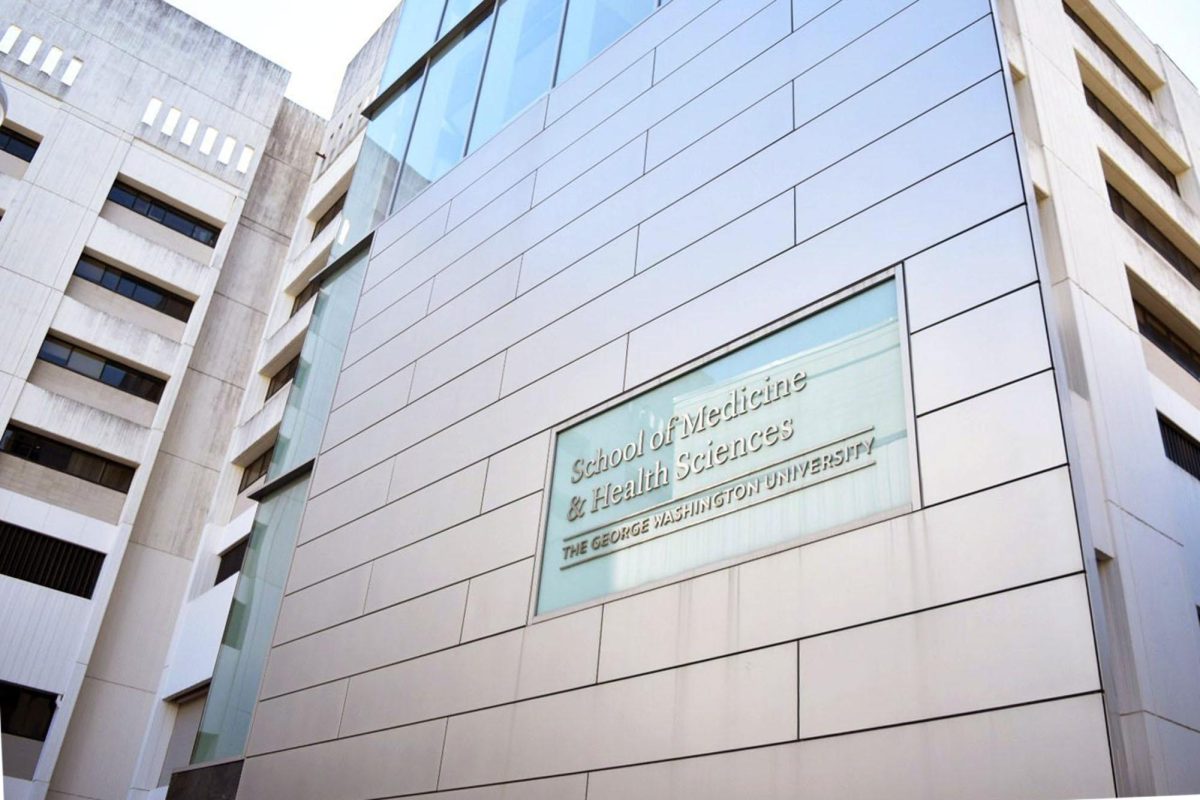Professors said a new office that the School of Medicine and Health Sciences and the Medical Faculty Associates launched last month will increase the University’s efficiency in conducting research.
Mardi Gomberg-Maitland, the director of medical research in the Office of Clinical Research, said the office oversees 200 active clinical trials with human subjects, including COVID-19 vaccine studies, and will use an online management system to track funds and expenditures for clinical research within SMHS and the MFA. She said the office will also educate new clinical researchers on the ethical regulations of medical trials to prevent future issues with proposal submissions that can delay the research process.
She said OCR is working with SMHS and MFA faculty members on projects to improve technological medical devices and to test drugs that can alleviate post-operative pain.
She said the MFA and SMHS created the office to serve as a centralized hub where the 14 medical school departments can contact the office, ask for the appropriate physicians and collaborate on clinical drug trials across various specialities like cardiology and rehabilitation sciences.
“From an operational standpoint, it’s now allowing the research staff to have a career ladder and to grow and to have the group feel like it’s a real team instead of each individual department because we had 14 different departments all doing research on their own,” she said.
Gomberg-Maitland said the office will launch a website next month that features links for new clinical researchers to access research sources like University training modules and SMHS courses in clinical trial design. She said the office’s next phase will include offering courses like clinical trial management in the next year.
“It’s a lot to accomplish, but I think we have a great team of both clinician scientists and clinician researchers working together to achieve it,” Gomberg-Maitland said.
She said OCR’s team is negotiating with officials to begin housing the office in the MFA building and in Ross Hall next month.
Gomberg-Maitland said the office will start to use electronic medical records through OnCore, an online management system that organizes consent forms and clinical protocols, manages patients’ results and tracks grants and expenditures. She said the system assists research investigators and OCR staff in maintaining and organizing current and new clinical trials in a single, accessible online space, increasing efficiency for conducting University-wide clinical research.
“It’s a huge asset that we are now just transitioning to, and I think that it’s going to help a lot again with the efficiency of all parts of research,” she said.
Reamer Bushardt – the senior associate dean for health sciences and a co-director of the Clinical and Translational Science Institute at Children’s National, a partnership between GW and Children’s National Hospital – said the office provided him input for one of his projects through the partnership called the Virtual Organizer, a website that research teams can refer to to learn about the research cycle.
He said the office must have the necessary mechanisms that can encourage clinical researchers who focus on human subjects to find solutions for evolving medical issues in collaboration with translational researchers who concentrate on social behavior.
“The center will bring our scientists and research teams together to conduct scientific investigations, to learn and grow as research professionals and sustain best practices and highest ethical standards in the clinical research we perform,” he said in the email.
Gaetano Lotrecchiano, an associate professor of clinical research and leadership, said OCR could help his doctoral students in the health sciences doctorate program ask faculty members in the MFA to join research projects and observe their daily lives and social behaviors in the lab.
“I personally do not have a project going on with the MFA, but students of mine would definitely highly benefit from this sort of office to help them do their research in some of the projects that they’ve become interested in,” he said.
Homa Ahmadzia, an assistant professor of obstetrics and gynecology, said her current projects within the office include testing steroids that can help prevent heart disorders in babies and conducting a clinical drug trial to figure out the optimal amount of tranexamic acid — a drug used to reduce heavy menstrual bleeding — that doctors should administer to prevent pregnant women from experiencing postpartum hemorrhages.
“Given GW’s clinical service to an underserved population, we are poised to make a positive impact in maternal morbidity and mortality in the Washington D.C. metropolitan area,” she said in an email.








